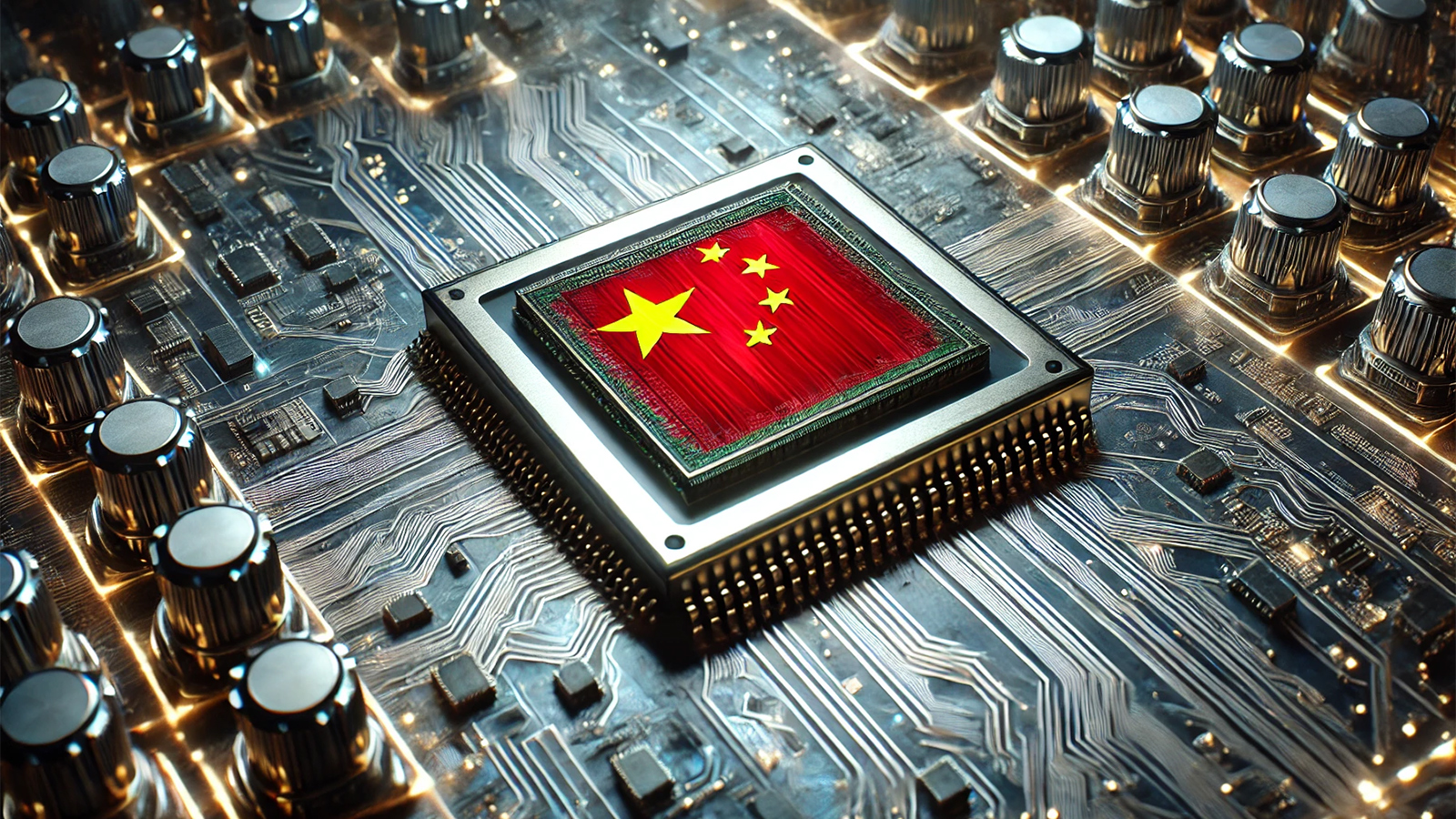Chinese companies are reportedly reluctant to adopt homegrown chips — domestic solutions are technologically too far behind
Despite U.S. sanctions and China's efforts to localize chip production.

Despite China's efforts to localize production of virtually all kinds of chips and processors and the U.S. attempts to block Chinese entities from accessing advanced American CPUs, GPUs, and ASICs, China-based companies are reluctant to switch to domestic alternatives, according to a DigiTimes report. Interestingly, this applies to all kinds of semiconductors, from components for automotive applications and spanning to the most sophisticated processors for AI and HPC.
This reluctance to adopt China-designed chips stems from various factors, including the country's limitations in advanced chip manufacturing, the availability of proven and reliable alternatives from world-class companies in Europe, Japan, or Taiwan, relatively low volumes of produced components, and the lack of mandatory government requirements.
AI and HPC sectors are particularly problematic for Chinese chip designers and users. While U.S. sanctions have limited their access to the most advanced solutions like Nvidia's H100 or H200, domestic alternatives can hardly compete even against Nvidia's cut-down HGX H20 processors to a large degree due to imperfect software. Firms worry about losing competitiveness and often opt for downgraded alternatives or rely on alternative sourcing methods, such as smuggling. Also, some Chinese cloud service providers lease overseas data centers to sidestep sanctions. Furthermore, given their limited access to advanced fab tools, it is unclear whether Chinese companies, such as SMIC, can produce enough AI chips for the country's needs.
In the automotive chip market, Chinese companies face challenges in matching the expertise and reliability of established American and European integrated device manufacturers (IDMs), such as Bosch and NXP. The dominance of these global players, combined with their ability to produce at scale, creates significant hurdles for smaller Chinese firms.
More broadly, European and Taiwanese chip designers further complicate the landscape by offering technologically advanced, competitively priced chips that are reliably delivered in volumes. These alternatives make it difficult for Chinese chips to gain traction.
Some progress has been made in specific areas, such as display driver ICs (DDICs), where some orders have shifted to domestic producers. However, the scale of adoption remains limited, and the momentum is far from transformative, according to the report. Despite efforts to build mature technology capacity (crucial for DDICs), global competitors continue to dominate the space with better products and production capacity.
The report asserts that without substantial government intervention or significant advancements in domestic semiconductor technology, the slow pace of progress is unlikely to accelerate. Chinese compute performance-demanding companies still have access to the latest (although not great test) technology developed in America, which lowers the demand for AI processors developed in China. Companies in other sectors are reluctant to switch to domestic alternatives for various reasons. As a result, the reliance of Chinese companies on foreign chips is expected to persist in the foreseeable future.
Get Tom's Hardware's best news and in-depth reviews, straight to your inbox.

Anton Shilov is a contributing writer at Tom’s Hardware. Over the past couple of decades, he has covered everything from CPUs and GPUs to supercomputers and from modern process technologies and latest fab tools to high-tech industry trends.